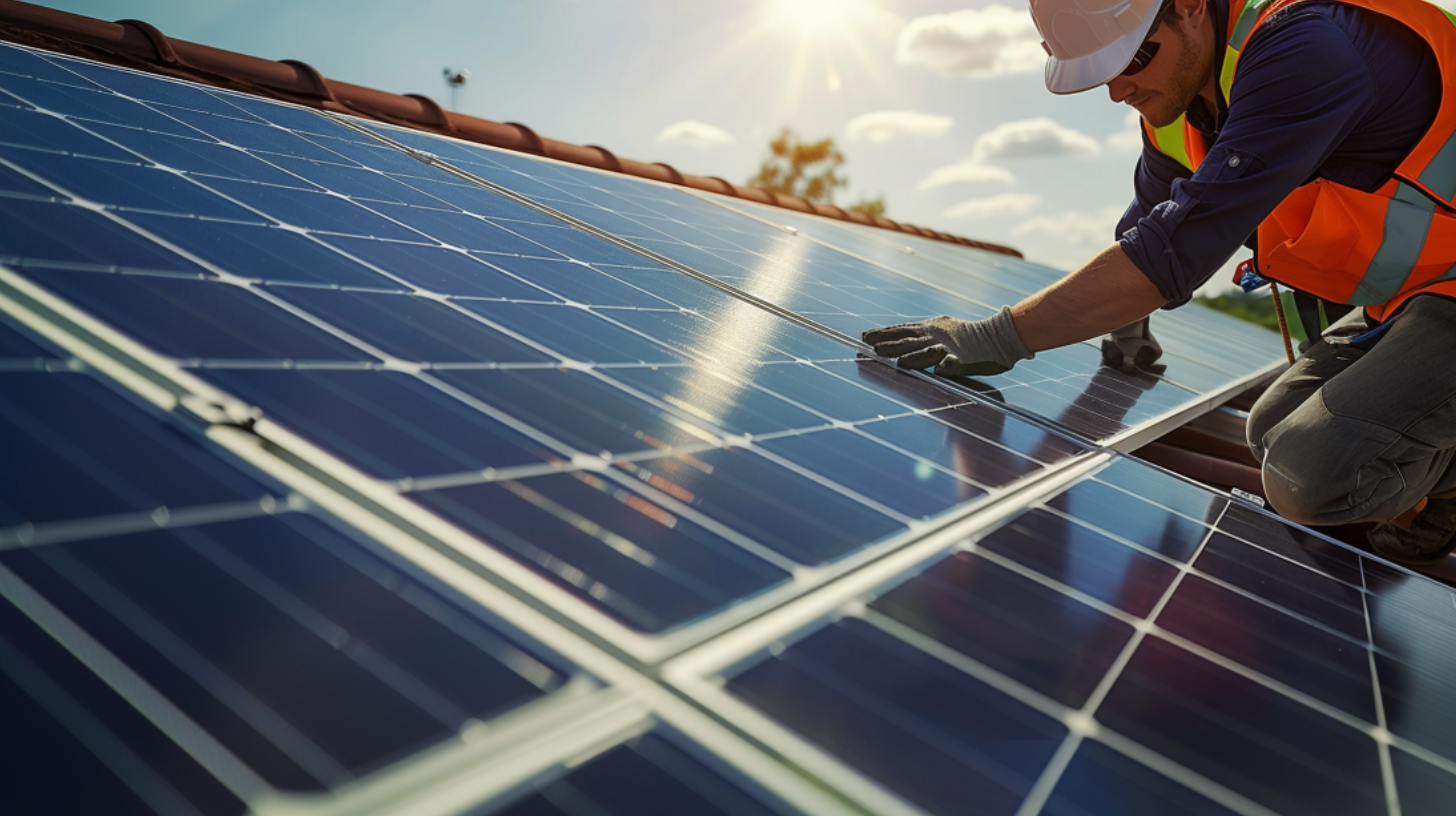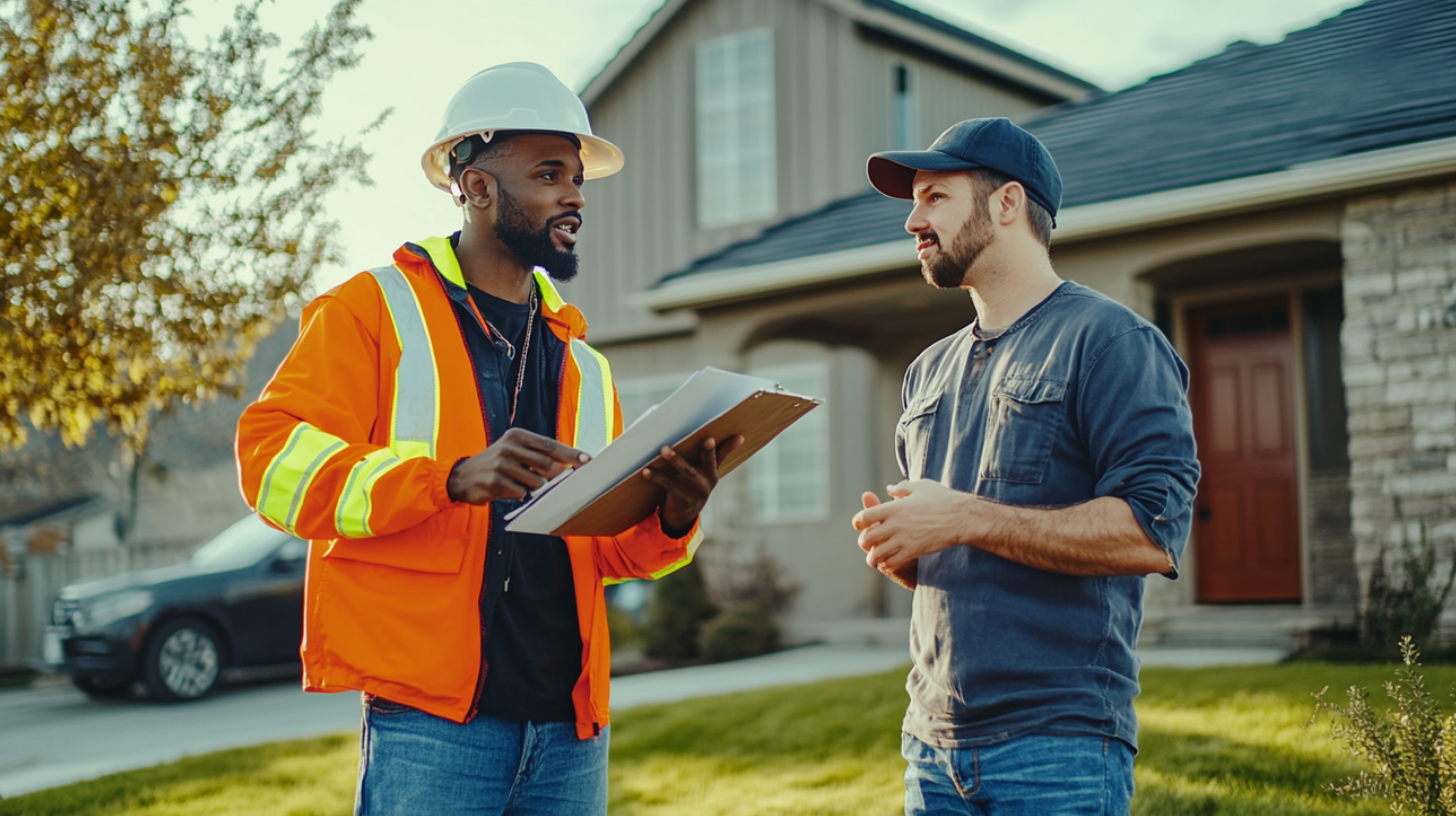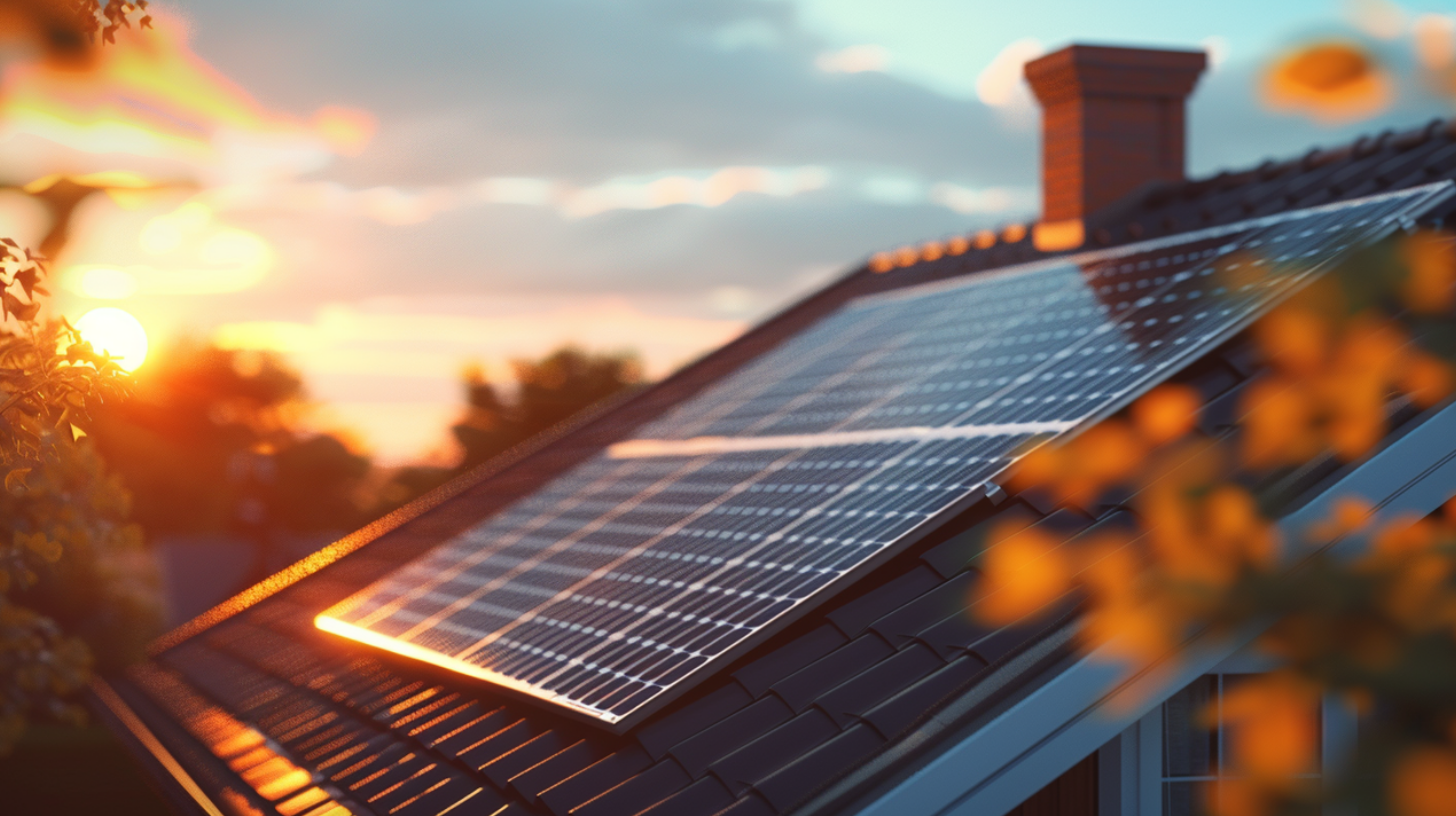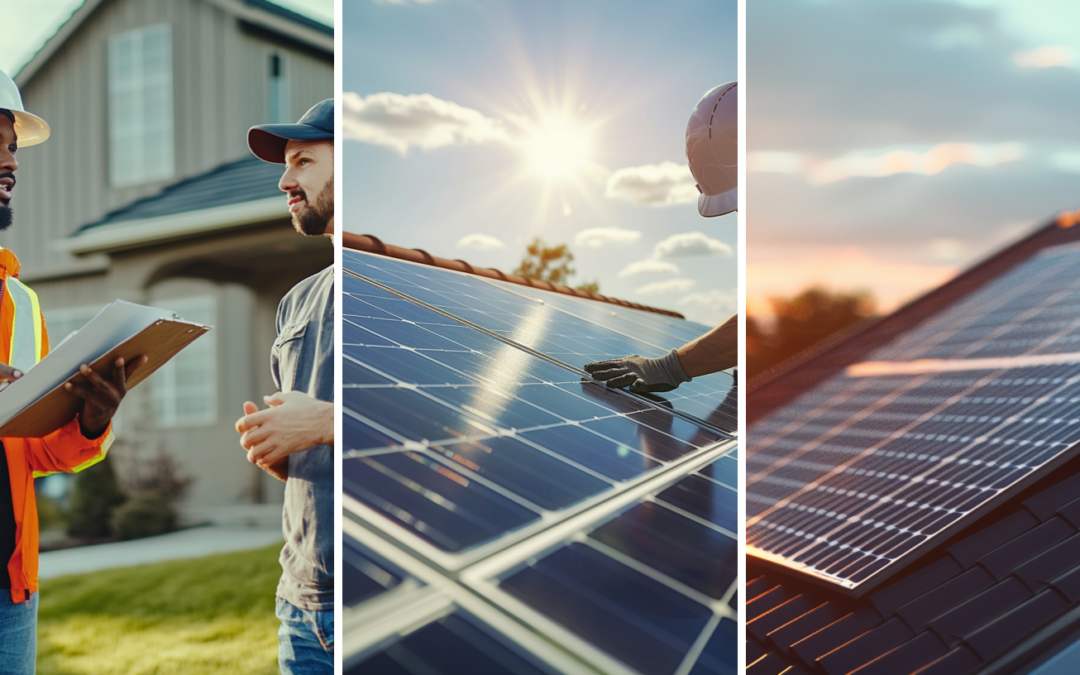What Are Roof Installation Subsidies?

Subsidies - Types of Roof Installation Subsidies - Sky Roofing Construction & Remodeling
Types of Roof Installation Subsidies
When considering the installation of a new roof, many homeowners and building owners may find that the costs can be daunting. However, various subsidies are available that can significantly alleviate the financial burden associated with roof installation. These financial aids are designed to encourage maintenance, energy efficiency, and sustainability in roofing solutions. They might be offered at local, state, or federal levels and can vary depending on the nature of the installation, such as energy-efficient materials or environmentally friendly practices. Understanding the different types of subsidies available can empower property owners to make informed decisions that enhance their home’s value and energy efficiency and promote economic and environmental benefits. By taking advantage of these opportunities, owners can invest in the longevity and resilience of their properties while optimizing their budget.
Federal Government Subsidies
Additionally, various tax credits and rebates may be available, further offsetting expenses. Homeowners must understand how these federal subsidies interact with state incentives and local rebates, as this can influence eligible costs and maximize financial benefits.
State and Local Subsidies
Furthermore, these local incentives can complement federal tax credits, potentially impacting federal income tax calculations and enhancing overall savings. By taking advantage of these various state subsidies and local incentives, homeowners can maximize their investment in solar technology, ultimately contributing to a greener future while enjoying long-term economic benefits. Whether considering a new roof installation or remodeling, understanding these financial opportunities is essential for making informed decisions about transitioning to solar energy.
Utility Company Subsidies
Renewable Energy and Green Roofing Subsidies
Understanding which costs qualify for tax credits is crucial to maximize savings and avoid common misunderstandings. Homeowners should be aware that eligible expenses can include the installation of solar panels and certain associated costs, facilitating a comprehensive approach to greening their roofs. Embracing renewable energy through these subsidies can lead to both financial benefits and a positive environmental impact, making it a win-win for modern home and building owners.

Subsidies - Eligibility for Roof Installation Subsidies - Sky Roofing Construction & Remodeling
Eligibility for Roof Installation Subsidies
Eligibility for these subsidies often depends on factors such as income levels, the type of roofing material chosen, and the specific requirements set by local or state government programs. Additionally, certain energy-efficient roofing systems may qualify for higher subsidies, encouraging the adoption of environmentally friendly practices.
Home and building owners keen on improving their roofs should explore these options to make informed decisions that benefit their finances and contribute to a more sustainable future.
Income-Based Qualifications
For instance, an area with a higher cost of living may set income thresholds around $70,000 for a family of four, while less expensive regions might have limits closer to $50,000. Understanding these guidelines can help applicants gauge their eligibility and access vital assistance for roof repair, ensuring they can maintain the safety and integrity of their homes.
Property Type Requirements
In addition to property type, the roofing material used like cool roofs, which reflect sunlight, or green roofs, which are covered in vegetation can further influence subsidy eligibility. Importantly, potential applicants must verify local and state-specific requirements, as regulations can differ widely based on location. Ensuring compliance with these requirements is crucial for a successful application and maximizing the benefits of subsidized roof installations.
Energy Efficiency and Environmental Factors
For many households, especially those in low-income brackets, government assistance programs are available to support the transition to energy-efficient improvements, making sustainable options more accessible. By tapping into these resources, homeowners can enhance their properties’ value, improve environmental conditions, and enjoy long-term energy savings. Embracing energy efficiency is not just a personal choice but a vital step toward creating a greener future for all.

Subsidies - Benefits of Using Subsidies for Roof Installation - Sky Roofing Construction & Remodeling
Benefits of Using Subsidies for Roof Installation
However, the upfront costs associated with these installations can concern many. This is where subsidies come into play. These financial incentives significantly reduce the initial investment required for solar roofing systems, making them more accessible to a broader range of homeowners.
By utilizing these subsidies, property owners can save money immediately and benefit from long-term energy savings as their reliance on traditional energy sources diminishes. Moreover, these incentives align perfectly with government initiatives to boost renewable energy adoption, fostering a greener future for all.
Maximize Your Savings with Roof Installation Subsidies
Subsidies for roof installation can significantly reduce upfront costs and make energy-efficient upgrades more accessible. Whether through federal, state, or local programs, these financial aids help homeowners invest in quality roofing solutions. To explore your options and maximize the benefits of available subsidies, contact Sky Roofing Construction & Remodeling (https://www.skyroofingconstructiontx.com) today to schedule a consultation. Call (210) 942-9797 and take the first step toward enhancing your home’s value and energy efficiency.
Willis Vachon is a seasoned contributing writer for Sky Roofing Construction & Remodeling, specializing in the technical and safety aspects of roofing construction. With a keen eye for detail and a passion for ensuring quality and safety in every project, Willis provides valuable insights that help both professionals and homeowners make informed decisions about their roofing needs.

